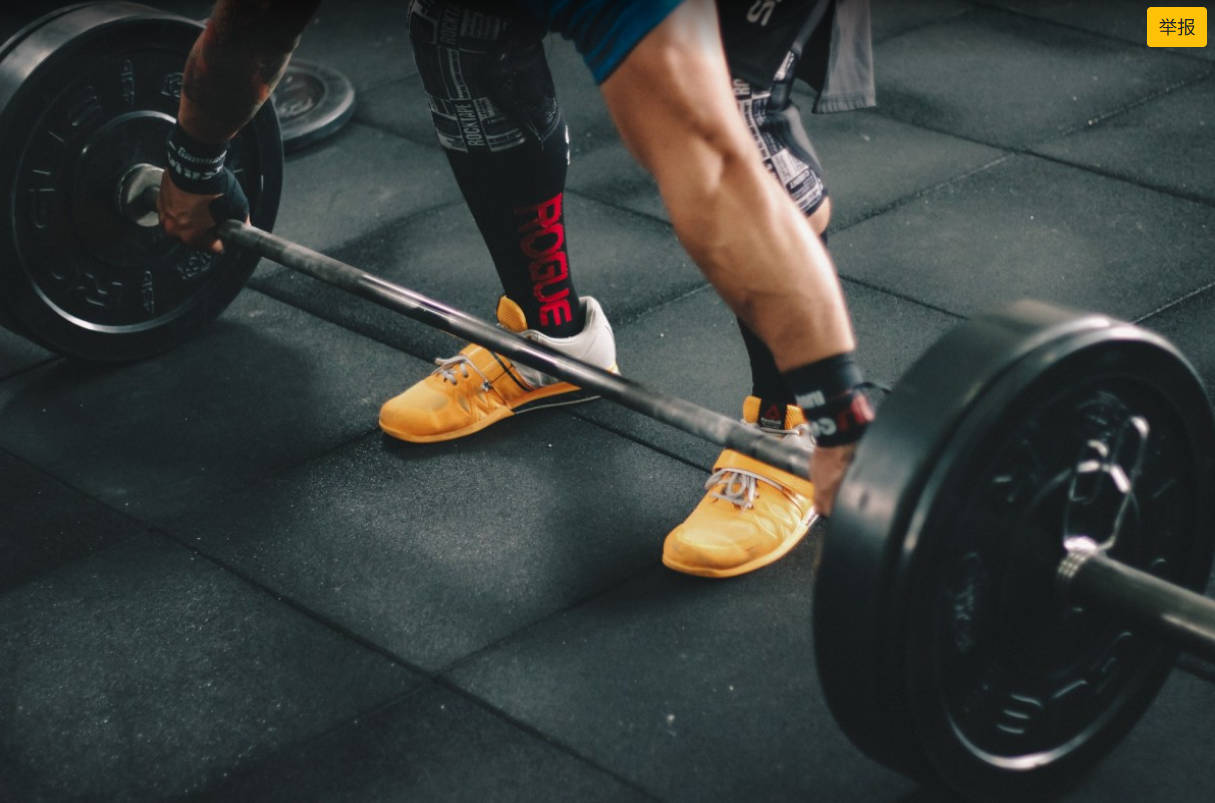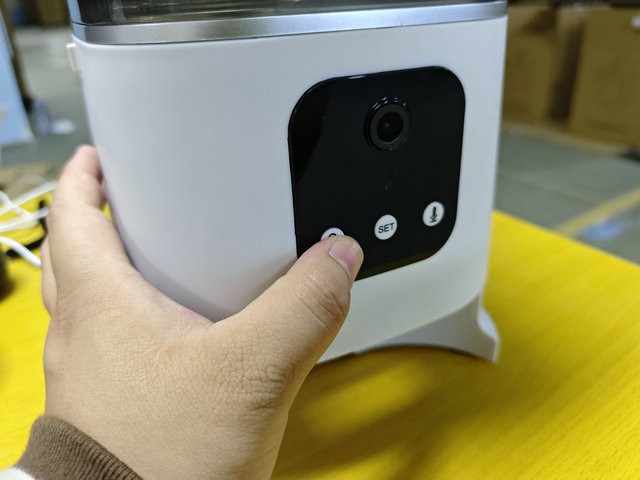In recent years, disposable biodegradable cutlery has emerged as a sustainable alternative to traditional plastic utensils, offering a promising solution to reduce pollution and foster a more eco-friendly lifestyle. As the demand for these products grows, so does the need for rigorous inspection and testing methods to ensure they meet quality, safety, and environmental standards. This article explores the comprehensive approach to the inspection and necessary product testing of disposable biodegradable cutlery, highlighting the essential steps and considerations to guarantee their integrity and eco-friendly promise.
Contents
Introduction to Disposable Biodegradable Cutlery
Disposable biodegradable cutlery is made from various natural materials, including cornstarch, bamboo, and other plant-based polymers, designed to decompose naturally in the environment. Unlike conventional plastic, which can take hundreds of years to break down, biodegradable cutlery offers a more sustainable option that significantly reduces long-term waste and its impact on the planet.
Inspection Methods for Biodegradable Cutlery
The inspection of disposable biodegradable cutlery involves a series of steps designed to assess both the physical qualities of the utensils and their environmental credentials. These steps include:
- Visual Inspection: Initial assessment focuses on the cutlery’s appearance, searching for any defects such as cracks, inconsistency in color, or any deformations that could affect the product’s functionality or aesthetic appeal.
- Sample Collection: Samples are collected randomly from production batches based on international sampling standards to ensure a representative analysis.
- Documentation Review: Inspection of manufacturing and product documentation to verify materials used are certified biodegradable and to trace the product’s production process for quality assurance.
Essential Product Testing
To complement the visual inspection and sample collection, rigorous product testing is conducted to evaluate the performance and environmental impact of the cutlery:
- Material Composition Analysis: Tests are performed to confirm the materials are indeed biodegradable and to identify the specific natural compounds used, ensuring the product’s eco-friendly claims are legitimate.
- Biodegradability Testing: This critical test measures how quickly and completely the cutlery decomposes under conditions that simulate natural environments, such as composting facilities or soil burial. The rate of degradation is compared to established standards to verify the product’s environmental claims.
- Strength and Durability Tests: These tests evaluate the cutlery’s functional performance, including its resistance to bending, breaking, or any damage when in use. It’s essential that the biodegradable cutlery can withstand a similar range of uses as traditional plastic utensils.
- Safety Testing: Ensures the cutlery is safe for use with food, testing for the presence of harmful substances or chemicals that could leach into food and pose health risks.
- Compliance Verification: The final step involves checking that the product meets all relevant international and local standards for biodegradability, compostability, and food safety, such as ISO standards or specific regional certifications.
Conclusion
The transition to disposable biodegradable cutlery represents a significant step towards reducing our environmental footprint and moving towards more sustainable consumption practices. However, the benefits of these products depend heavily on their quality and the veracity of their eco-friendly claims. Through meticulous inspection and comprehensive product testing, manufacturers and regulatory bodies can ensure that disposable biodegradable cutlery lives up to its promise, providing consumers with a truly sustainable alternative to traditional plastic utensils. This rigorous approach not only supports environmental goals but also maintains consumer trust and satisfaction, key components for the long-term success of biodegradable products in the market.






